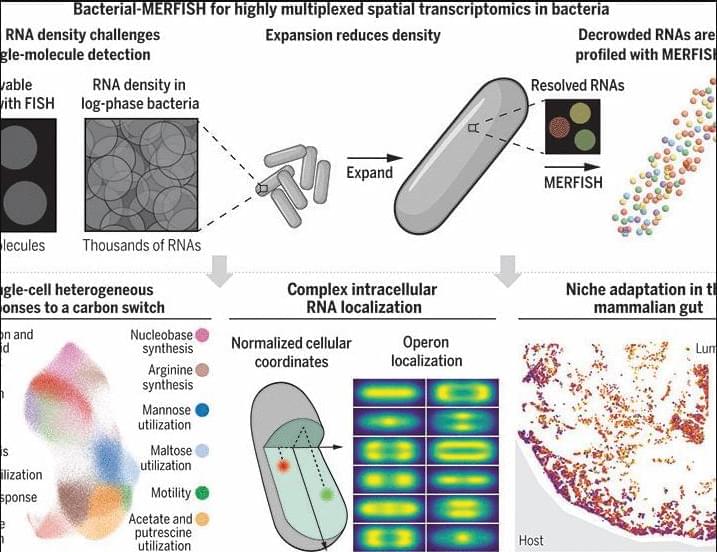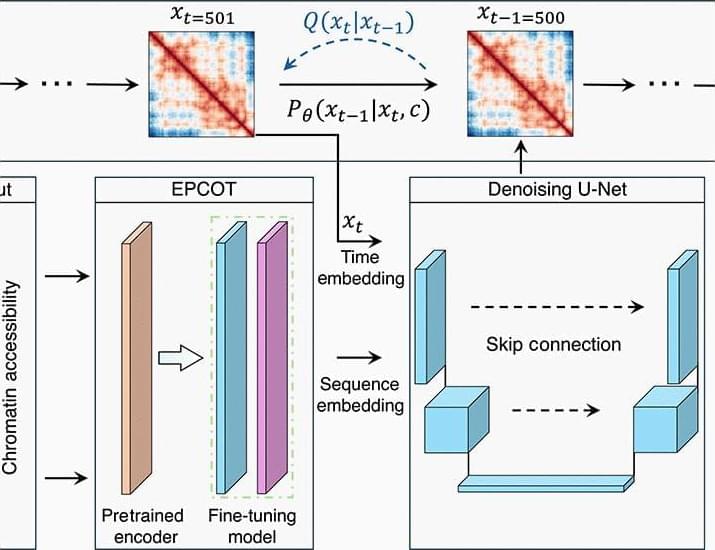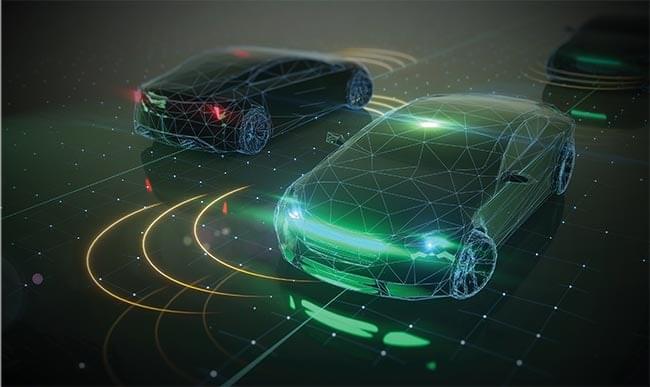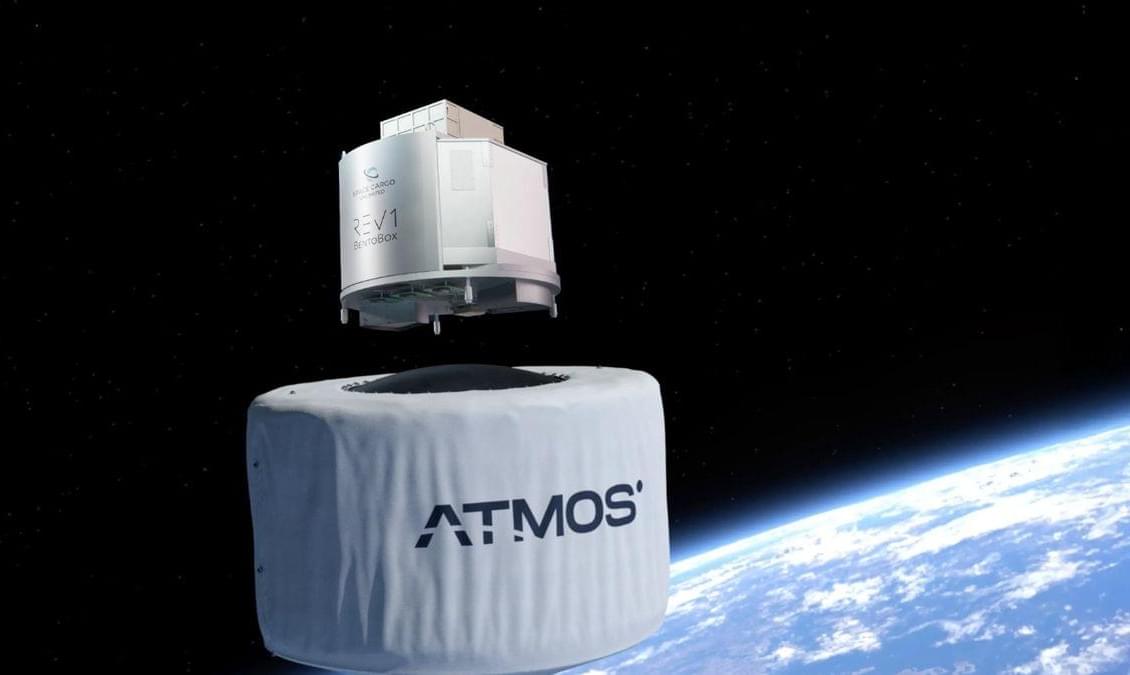What types of new plastics can be developed with enhanced recycling capabilities? This is what a recent study published in Nature hopes to address as a team of researchers at Cornell University have developed an enhanced type of thermoset, which is built from a type of polymer that is often difficult to recycle, resulting in it being put back into the atmosphere from burning it or into landfills, which destroy marine ecosystems. This study has the potential to help scientists, engineers, policymakers, and the public better understand new recycling methods that can be used to both help the environment and mitigate the impacts of climate change.
For the study, the researchers used a bio-sourced material known as dihydrofuran (DHF) to design and build a new thermoset polymer that maintains its robustness while ensuring safely being recycled through heat and environmental degradation. When compared to traditional thermosets, the DHF thermosets can still be used for a myriad of commercial applications, including footwear, electronics, and garden hoses, just to name a few.
“We’ve spent 100 years trying to make polymers that last forever, and we’ve realized that’s not actually a good thing,” said Dr. Brett Fors, who is a professor of physical chemistry at Cornell University and a co-author on the study. “Now we’re making polymers that don’t last forever, that can environmentally degrade.”








